
Book
The Precipice
Existential Risk and the Future of Humanity
Recommendation
Oxford University philosopher Toby Ord published this bracing book just before the coronavirus pandemic gripped the globe in 2020. But though Ord makes no mention of COVID-19, his sobering analysis feels eerily prescient. Examining the variety of risks confronting the world today – among them supervolcanoes, climate change and artificial intelligence – Ord calculates humanity’s odds and finds a one-in-six chance that civilization collapses in the next 100 years. Though this assessment might seem harsh to some, Ord argues that exploring worst-case scenarios could serve to prod humans into action.
Summary
About the Author
Toby Ord is a senior research fellow in philosophy at Oxford University.
Learners who read this summary also read
Book
Book
Book
Report








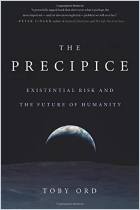
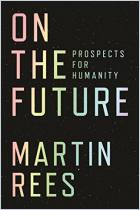
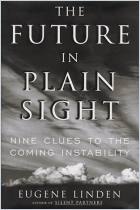
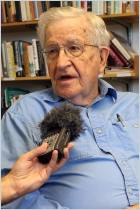

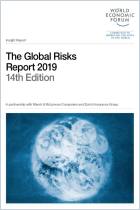

Comment on this summary or Iniciar a Discussão